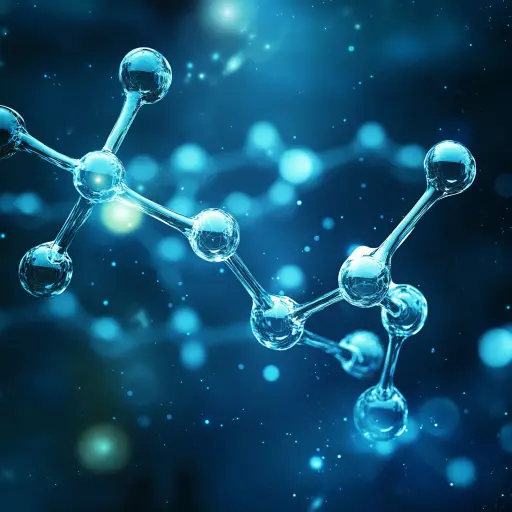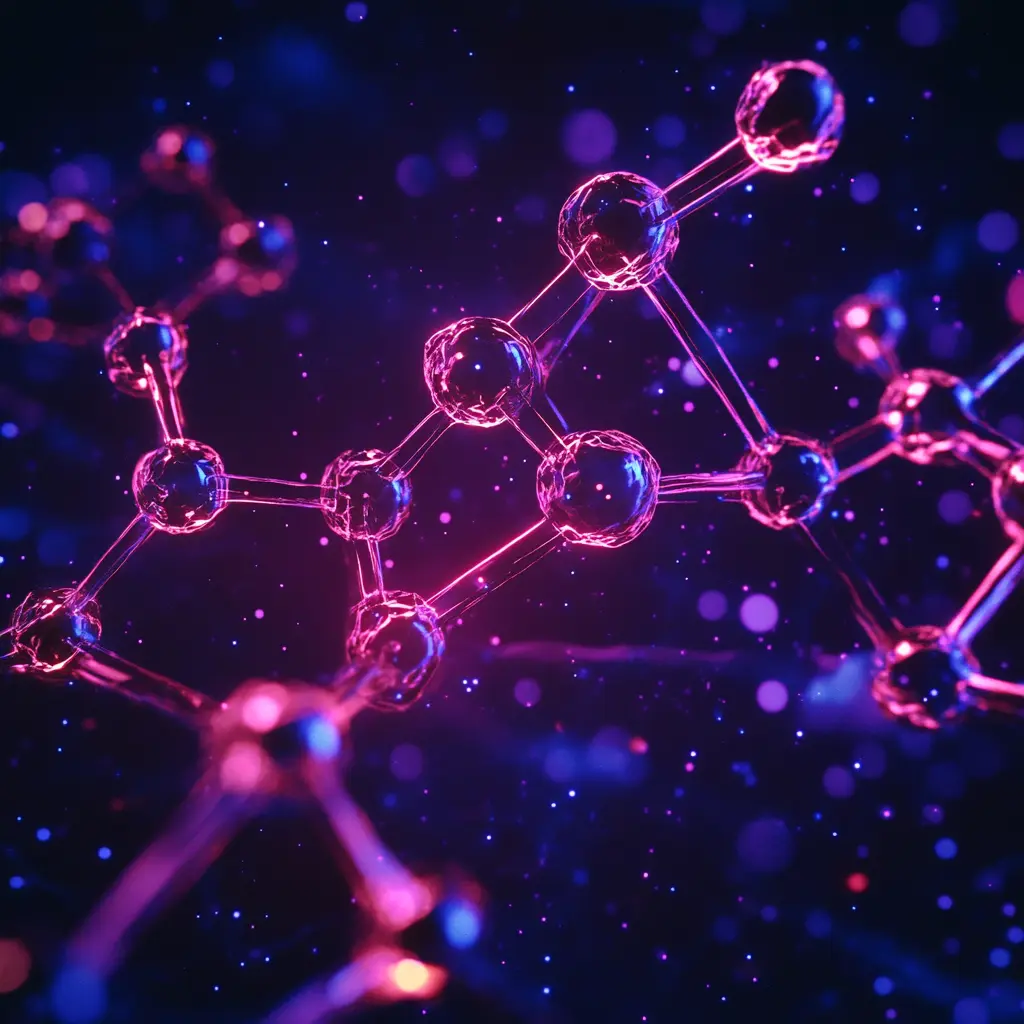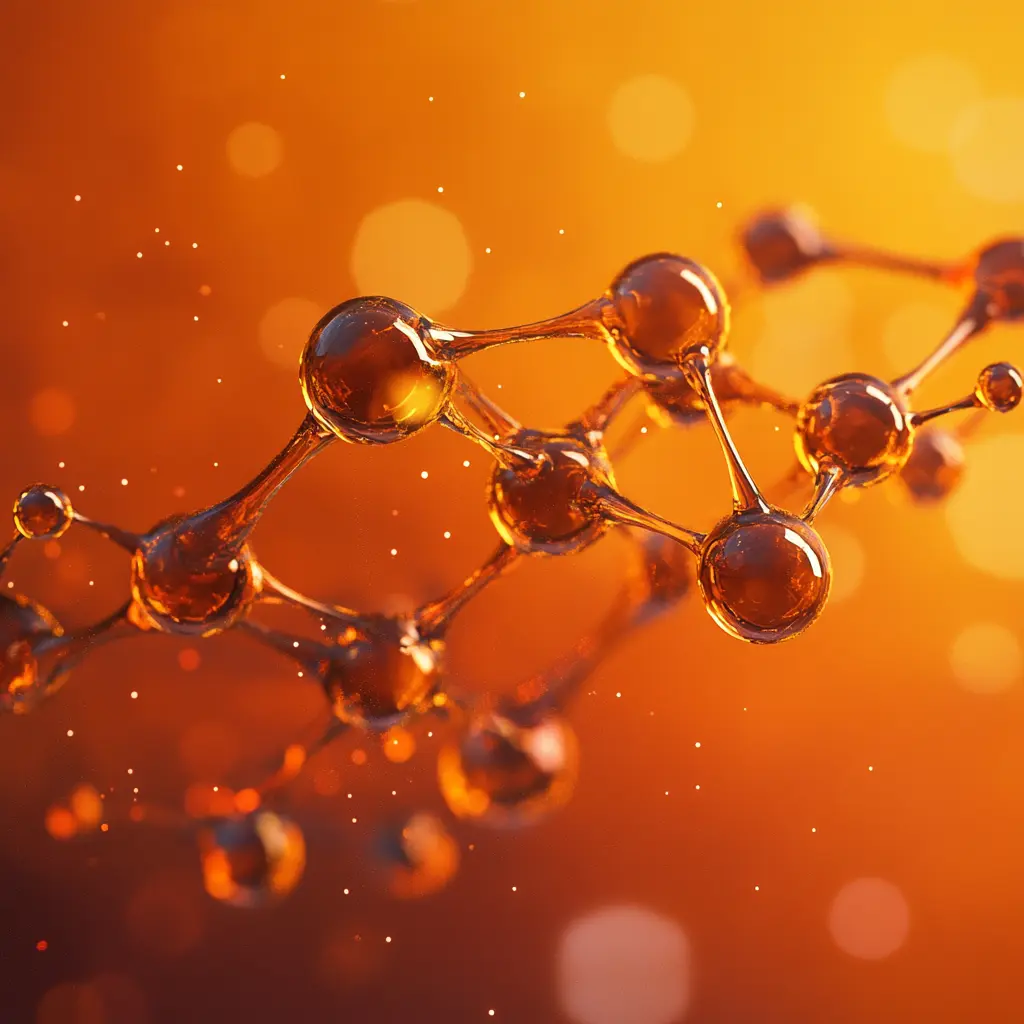Fatty liver disease, has become a significant health concern globally, affecting millions. This condition ranges from simple fat accumulation in the liver to more severe forms like non-alcoholic steatohepatitis (NASH), which can lead to liver fibrosis, cirrhosis, and even liver cancer. Emerging scientific research suggests a strong connection between gut health and liver health—especially in the context of a “leaky gut.”
Understanding the Leaky Gut and Its Role in Fatty Liver
The term “leaky gut” refers to increased intestinal permeability, a condition in which the gut’s tight junctions between cells become compromised. This leads to the passage of bacteria, toxins, and other harmful molecules like lipopolysaccharides (LPS) into the bloodstream. Once these substances reach the liver through the portal vein, they can trigger inflammation and contribute to the progression of fatty liver disease.
Scientific Evidence: A high-fat diet (HFD) is one of the leading factors in both gut dysbiosis (an imbalance in the gut microbiota) and leaky gut. Scientific studies have shown that individuals with NAFLD or NASH often exhibit higher levels of intestinal permeability. This leaky gut allows for bacterial endotoxins like LPS to enter the bloodstream and activate inflammatory pathways in the liver, particularly the TLR4/NF-κB pathway. This inflammatory cascade promotes fat accumulation, oxidative stress, and liver cell damage, thereby accelerating the progression of fatty liver disease.
In one study, ginger essential oil (GEO) was shown to alleviate NASH by improving gut health and reducing intestinal permeability, thus preventing the translocation of LPS into the liver. This highlights the critical role that gut integrity plays in protecting the liver from inflammatory damage.
Nutrients That Can Help Reverse Fatty Liver
Fortunately, several nutrients can support both gut health and liver function, potentially reversing the damage caused by fatty liver disease. Among the most promising are choline, inositol, methionine, and taurine.
1. Choline
Choline is an essential nutrient for liver health, particularly in the prevention and treatment of fatty liver. Choline is a key component of phosphatidylcholine, a phospholipid crucial for fat metabolism and the transport of lipids out of the liver. When choline levels are insufficient, fat tends to accumulate in the liver, contributing to NAFLD. Studies have demonstrated that choline supplementation can improve liver fat metabolism and reduce liver fat buildup. Furthermore, choline helps maintain intestinal barrier integrity, which may indirectly reduce leaky gut and its harmful effects on the liver.
2. Inositol
Inositol, a compound often grouped with B vitamins, plays a significant role in fat metabolism and insulin signaling. It helps regulate lipid levels in the liver by influencing pathways involved in fat transport and storage. Inositol supplementation has been shown to improve liver function, reduce insulin resistance (a major driver of fatty liver), and support overall metabolic health. By enhancing lipid metabolism, inositol can help reduce the fat accumulation that contributes to both NAFLD and NASH.
3. Methionine
Methionine is an essential amino acid involved in various metabolic processes, including the synthesis of S-adenosylmethionine (SAMe), a compound crucial for liver health. SAMe plays a critical role in detoxification, and it helps protect liver cells from damage by oxidative stress. Additionally, methionine is involved in maintaining the integrity of the gut barrier. Methionine deficiency has been linked to the worsening of fatty liver, and supplementation can aid in reducing liver fat accumulation and promoting liver repair.
4. Taurine
Taurine is a sulfur-containing amino acid known for its powerful antioxidant and anti-inflammatory properties. It has been shown to reduce oxidative stress in the liver, which is a major contributor to fatty liver disease progression. Taurine helps detoxify harmful substances, supports bile acid production (which aids in fat digestion), and reduces inflammation in liver cells. Importantly, taurine also has a role in gut health by reducing gut permeability, which can help prevent the onset of leaky gut and, subsequently, liver inflammation.
The Gut-Liver Axis: A Two-Way Street
The relationship between the gut and liver is often described as the “gut-liver axis,” a two-way communication system. A healthy gut, populated by a diverse and balanced microbiota, can help prevent the leaky gut syndrome, thereby protecting the liver from inflammatory damage. Conversely, when the gut barrier is compromised, the liver suffers, leading to diseases like NAFLD.
Restoring gut health through diet, prebiotics, probiotics, and specific nutrients like choline, inositol, methionine, and taurine can have a profound impact on both preventing and reversing fatty liver. These nutrients not only support liver function but also improve gut barrier integrity, reduce oxidative stress, and modulate inflammation—key processes in the management of fatty liver disease.
Conclusion
Leaky gut is an emerging player in the development and progression of fatty liver disease. The scientific literature strongly suggests that maintaining gut health is essential for protecting the liver. Key nutrients like choline, inositol, methionine, and taurine can help reverse fatty liver by supporting both gut integrity and liver function. Incorporating these into a well-rounded diet, along with lifestyle changes, can offer a promising approach to managing and potentially reversing fatty liver disease.
By addressing the root cause of gut permeability and improving liver health, we can prevent the harmful cascade of inflammation and fat buildup that defines fatty liver disease.
Resources
- Panyod, S., Wu, W.K., Hsieh, Y.C., et al. Ginger essential oil prevents NASH progression by blocking the NLRP3 inflammasome and remodeling the gut microbiota-LPS-TLR4 pathway in mice. Nutrition and Diabetes, 2024.
DOI: 10.1038/s41387-024-00306-1 - Corbin, K.D., Zeisel, S.H. Choline metabolism provides novel insights into non-alcoholic fatty liver disease and its progression. Liver International, 2020.
DOI: 10.1111/liv.14031 - Lee, J., Lee, J.H., Kim, J. Effects of Inositol Supplementation on Hepatic Fat Content and Insulin Sensitivity in Non-Alcoholic Fatty Liver Disease. Prostaglandins, Leukotrienes and Essential Fatty Acids, 2019.
DOI: 10.1016/j.plefa.2019.102036 - Caballero, F., Fernández, A., Matías, N., et al. Methionine and Choline Deficient Diet Induces Non-Alcoholic Steatohepatitis in Mice by Promoting the Activation of Oxidative Stress and Inflammatory Pathways. Journal of Hepatology, 2019.
DOI: 10.1016/j.jhep.2019.01.025 - Chen, L., Huang, S., Zhang, W., et al. Taurine Protects Against Non-Alcoholic Fatty Liver Disease by Decreasing Oxidative Stress and Inflammation. The Journal of Nutritional Biochemistry, 2019.
DOI: 10.1016/j.jnutbio.2019.05.007














